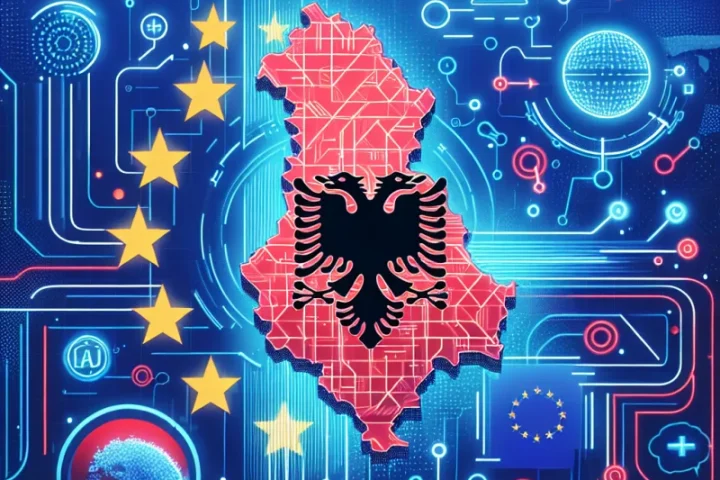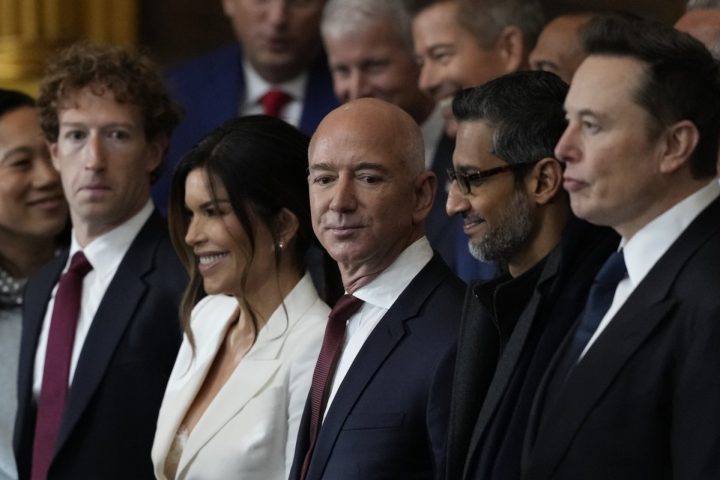In a surprising turn of events, President Donald Trump has orchestrated a unique deal with leading chipmakers Nvidia and Advanced Micro Devices (AMD) that could potentially reshape trade dynamics between the U.S. and China. The deal, centered around Nvidia’s artificial intelligence chips, involves a strategic exchange where certain chips can be exported to China in return for a portion of the revenue being directed back to the U.S. government. This landmark agreement marks a significant departure from previous efforts to restrict China’s access to advanced semiconductors over national security concerns. While there were initial restrictions on semiconductor exports to China, Nvidia managed to navigate these challenges and resume sales of a specially designated chip for the Chinese market, the H20. President Trump, in a recent press conference, revealed details of the deal, highlighting the negotiation process and the specific chips involved. The agreement not only benefits Nvidia and AMD but also includes a provision for a percentage of the proceeds to be allocated to the U.S. government. Trump emphasized that this unique arrangement is limited to certain chips and could potentially be extended to encompass more advanced technologies in the future. The deal has garnered mixed reactions, with some expressing concerns over the implications of a potential “pay-to-play” trade policy. Analysts and lawmakers are closely monitoring the situation, emphasizing the need for transparency and national security safeguards in such agreements. On the other side, China has responded cautiously to the deal, reportedly advising local firms against using Nvidia’s H20 chips for specific applications related to national security. Despite these warnings, the demand for American chips remains strong due to their superior quality and performance, even in their modified forms. The trade agreement has raised legal concerns and sparked debates over national security risks and the legality of such arrangements. The White House has acknowledged that further details and the implementation process are still being finalized, underscoring the complexity of navigating trade deals in the tech sector. Critics have voiced apprehensions about the potential precedent set by this deal and its broader implications for U.S. national security interests. While some argue that the agreement benefits the chipmakers financially and ensures U.S. competitiveness in the Chinese market, others caution against compromising security principles for commercial gains. As the global tech landscape continues to evolve, the strategic Nvidia deal serves as a focal point for discussions on trade policies, national security considerations, and the delicate balance between economic interests and security imperatives in the tech sector.

Innovative Trade Agreements: Trump’s Strategic Nvidia Deal and Global Implications
Tags
Related Posts

Recent Posts
- Trump eases rocket launch rules, likely benefiting Musk and Bezos
- How to Spot Key Stock Chart Patterns
- Melania Trump threatens $1B lawsuit against Hunter Biden over Epstein claim
- Candlestick Chart: Basics, Patterns, and Trading Strategies
- Liverpool Secure Giovanni Leoni Signing Despite Manchester United’s Late Interest
Recent Comments
No comments to show.
















